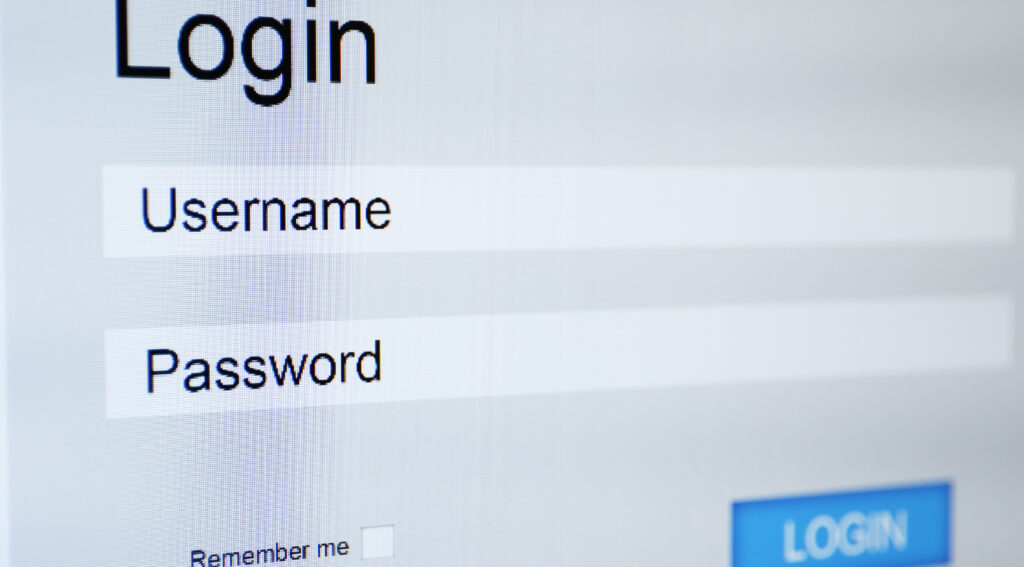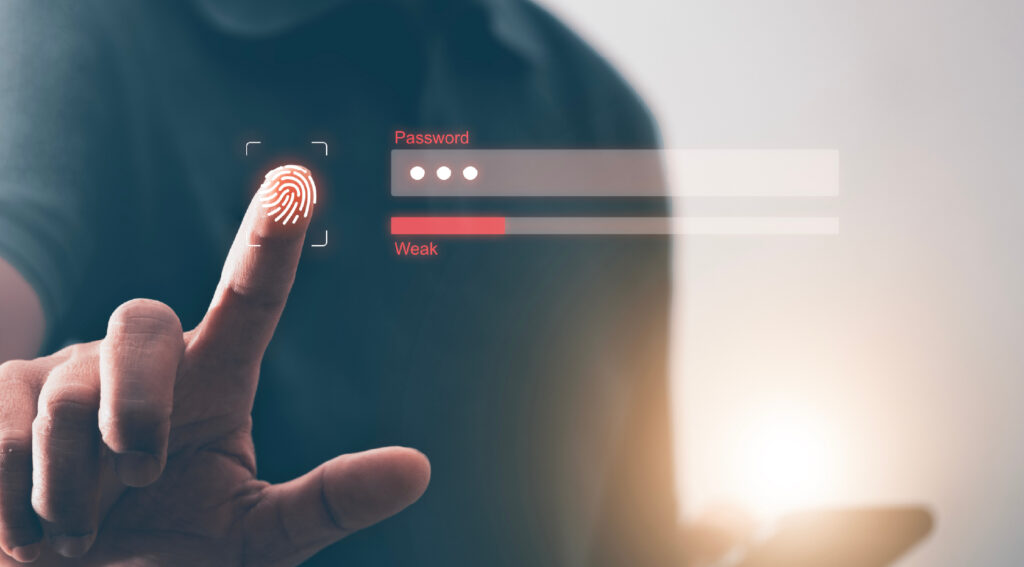Passwords are the first line of defense against cyber threats, yet many people continue to make simple but critical mistakes that leave their accounts vulnerable. Weak or poorly managed passwords are one of the leading causes of data breaches, allowing hackers easy access to personal and business accounts.
This article highlights the most common password mistakes and provides practical tips on how to create and manage strong, secure passwords to better protect your digital identity.

Common Password Mistakes
Using Weak or Simple Passwords
Many people use passwords that are easy to guess, such as “123456,” “password,” or their own name. Hackers rely on brute-force attacks, where they systematically guess common passwords to break into accounts.
How to Avoid It:
- Use a mix of uppercase and lowercase letters, numbers, and special characters.
- Aim for a minimum of 12-16 characters.
- Avoid dictionary words or easily guessed information like birthdates or pet names.
Reusing the Same Password Across Multiple Accounts
Reusing passwords across different sites means that if one account is breached, all linked accounts are at risk. Many data breaches expose passwords, which hackers then test on multiple platforms.
How to Avoid It:
- Use a unique password for every account.
- Use a password manager to generate and store strong passwords securely.
Explore the best password managers recommended by the National Cyber Security Centre (NCSC).
Not Updating Passwords Regularly
Old passwords that have been compromised in a data breach remain a security risk if they aren’t changed. Hackers frequently use leaked credentials to access active accounts.
How to Avoid It:
- Change passwords for critical accounts (banking, email, cloud storage) every 6-12 months.
- If a service you use reports a breach, update your password immediately.
Storing Passwords in an Unsafe Location
Writing down passwords in notebooks, saving them in plaintext documents, or storing them in unsecured notes on your phone makes them vulnerable to theft.
How to Avoid It:
- Use an encrypted password manager instead of storing passwords manually.
- Avoid using browser auto-fill for storing sensitive passwords.
Sharing Passwords with Others
Sharing login credentials with family, friends, or colleagues increases the chances of unauthorized access, whether intentional or accidental.
How to Avoid It:
- Use password-sharing features available in some password managers instead of sharing the actual password.
- Set up separate user accounts for shared services rather than sharing a single login.
Ignoring Two-Factor Authentication (2FA)
Even strong passwords can be compromised, which is why two-factor authentication (2FA) is essential for securing accounts. Many users skip enabling this extra security step, leaving accounts vulnerable.
How to Avoid It:
- Enable 2FA on all important accounts, such as banking, email, and social media.
- Use authentication apps like Google Authenticator or Authy instead of SMS-based 2FA when possible.
Learn how to set up two-factor authentication on major platforms with this guide from Authy.
Using Security Questions That Are Easy to Guess
Many security questions use publicly available or easily guessed information, such as “What is your mother’s maiden name?” or “What city were you born in?”
How to Avoid It:
- Choose obscure security questions or answer them with random phrases unrelated to the question.
- Store your security question answers securely in a password manager.
Best Practices for Strong Password Management
Use a Password Manager
A password manager generates, stores, and autofills strong, unique passwords for different accounts. This reduces the need to remember multiple complex passwords and enhances security.
Enable Multi-Factor Authentication (MFA)
Adding an extra layer of security beyond just a password significantly decreases the likelihood of unauthorized access.
Regularly Check for Breaches
Use websites like Have I Been Pwned to check if your email or passwords have been exposed in a data breach. If they have, change your password immediately.
Create Passphrases Instead of Traditional Passwords
Passphrases are longer, more secure, and easier to remember. Instead of a single word, use a phrase such as “BlueHorse!JumpsOverMoon2024”.
Avoid Using Personal Information
Hackers can easily obtain personal information from social media or public records. Avoid using names, birthdates, or common words in your passwords.

Strengthening Your Online Security with Better Passwords
Weak password practices remain a major cybersecurity risk, but they are entirely preventable. By using strong, unique passwords, enabling two-factor authentication, and adopting better password management habits, you can significantly improve your digital security.
Take the time to update weak passwords today and start using a password manager to protect your online accounts. A few simple changes can go a long way in safeguarding your personal and financial data from cyber threats.